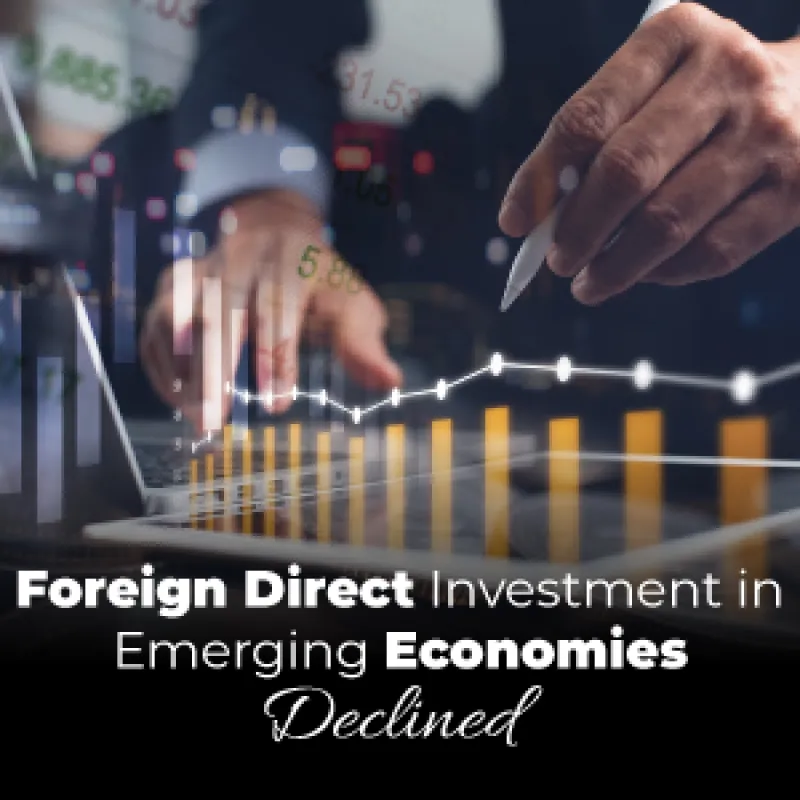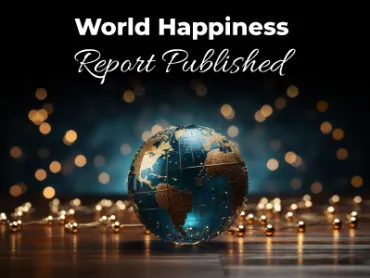Amid low investment and economic uncertainty, FDI flows to the global south have declined to $841 billion, according to a new UNCTAD report.
According to UNCTAD's latest Global Investment Trends Outlook, published on January 17, foreign direct investment (FDI) flows to developing countries fell 9 percent to $841 billion in 2023. While flows to Africa, Latin America, and the Caribbean remained more or less stable, developing Asian countries felt the brunt of the decline, falling by 12 percent.
In the report, global foreign direct investment (FDI) grew by 3 percent, defying earlier expectations for 2023, and ended the year at an estimated $1.37 trillion. However, the report notes that the overall increase was mainly driven by a few European "conduit" economies, which act as intermediaries for FDI to other countries. Strikingly, excluding these channel economies, global FDI flows sharply declined 18 percent in 2023.
You can view the chart by clicking the link.
Developing Asia’s FDI Engine Slows
In 2023, some major emerging economies in Asia experienced significant decreases in FDI inflows but remained attractive locations for greenfield projects (when a parent company launches a venture in a foreign country by building new operational facilities from scratch).
While China reported a 6 percent decline in FDI inflows, it recorded an 8 percent growth in new greenfield project announcements. Similarly, India experienced a 47 percent decline in FDI inflows but remained among the top five global destinations for greenfield projects.
FDI flows to members of the Association of Southeast Asian Nations (ASEAN), usually the engine of FDI growth, fell by 16 percent. Still, the grouping remained attractive for manufacturing investment, with a 37 percent increase in greenfield project announcements in countries such as Vietnam, Thailand, Indonesia, Malaysia, the Philippines, and Cambodia. In West Asia, FDI remained stable at 2 percent, driven by continued investment in the United Arab Emirates, where greenfield project announcements rose 28 percent, overtaking the United States as the world's largest recipient of FDI. In Saudi Arabia, greenfield investments increased by 63 percent.
Flows to Africa Remain Horizontal
Africa's FDI flows remained almost unchanged 2023 at an estimated $48 billion, down slightly by 1 percent year-on-year. The region saw increased greenfield project announcements, particularly in Morocco, Kenya, and Nigeria. However, a significant one-third reduction in project finance deals, above the global average, raised concerns about the future of infrastructure financing on the continent.
Contrasting Investment Trends in Latin America
The investment climate in Latin America witnessed contrasting trends in 2023. Brazil, the largest economy, recorded a 22 percent decline in FDI inflows, while the number of greenfield projects remained stable. International project finance deals, on the other hand, fell by 40 percent compared to 2022. Meanwhile, Mexico, the region's second-largest economy, consolidated its position as the most significant global buyer, recording a 21 percent increase in both FDI and greenfield project announcements.
Cautious Optimism Amid Global Uncertainties
According to the UNCTAD report, a modest increase in foreign direct investment flows may be seen in 2024. "Forecasts for inflation and borrowing costs in major markets suggest that financing conditions for international investment deals will stabilize," the report said.
However, the report still warns of significant risks to the global investment climate, including geopolitical tensions, high debt levels in many countries, and the threat of further global economic fragmentation.
Cautious Optimism Amid Global Uncertainties
According to the UNCTAD report, a modest increase in foreign direct investment flows may be seen in 2024. "Forecasts for inflation and borrowing costs in major markets suggest that financing conditions for international investment deals will stabilize," the report said.
However, the report still warns of significant risks to the global investment climate, including geopolitical tensions, high debt levels in many countries, and the threat of further global economic fragmentation.
Report: https://unctad.org/publication/global-investment-trends-monitor-no-46




 Back
Back









